News and advice
Select categories
-
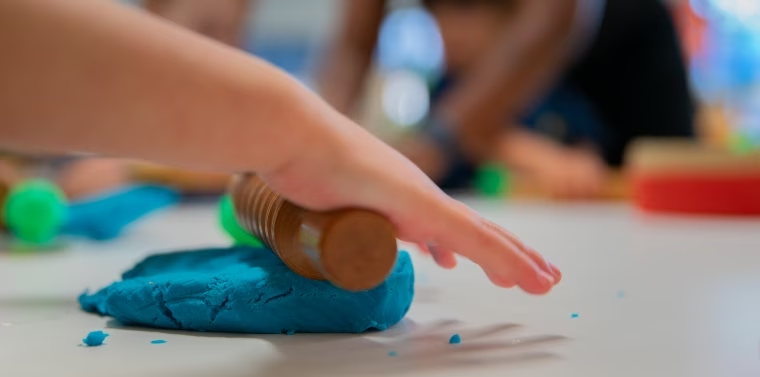
Important Update for families from G8 Education CEO
G8 Education is unwavering in our commitment to continuously improving our policies, processes, and practices to further enhance child safety across our network.
-
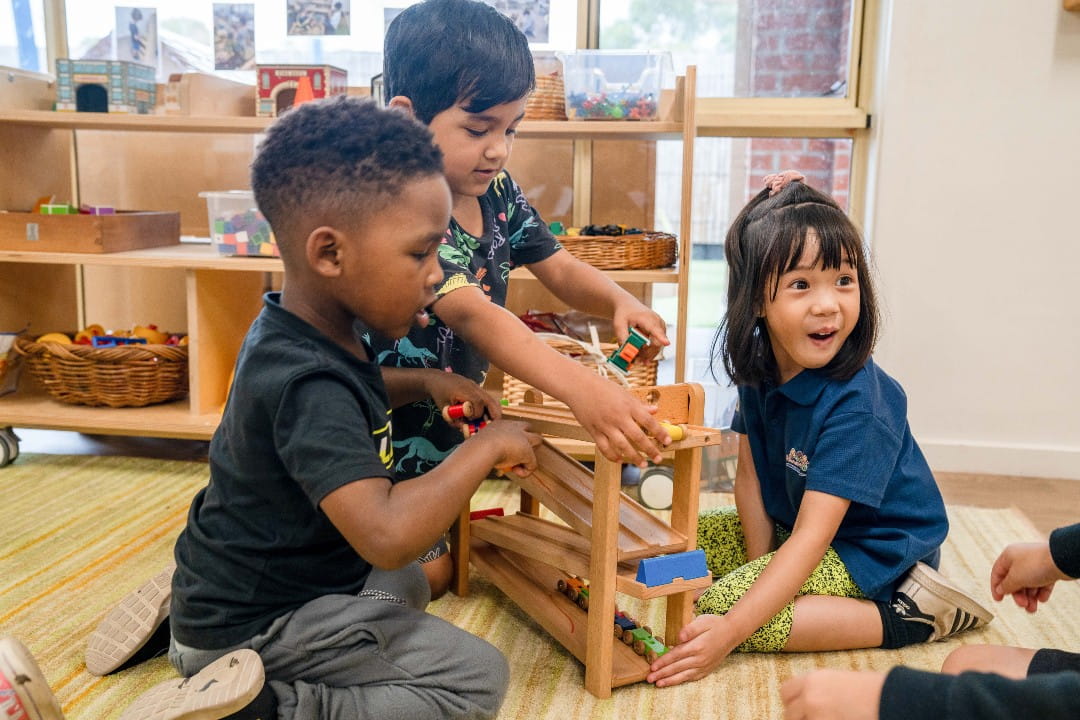
Get excited about our 3-year-old program
Everything is about to get a whole lot more exciting once your child moves into our three-year old program.
-
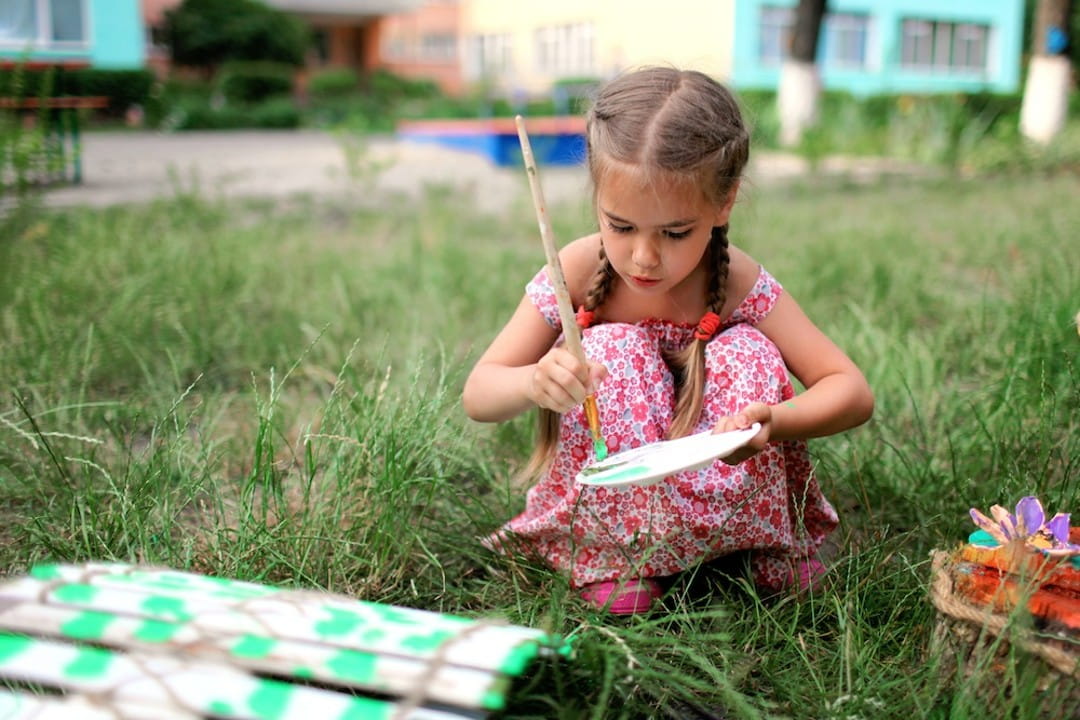
Art at home – how I encourage my children’s creative expression
One of G8’s Practice Partners, Rebecca Freier shares her insights as a teacher into creating art experiences for her own children at home.
-
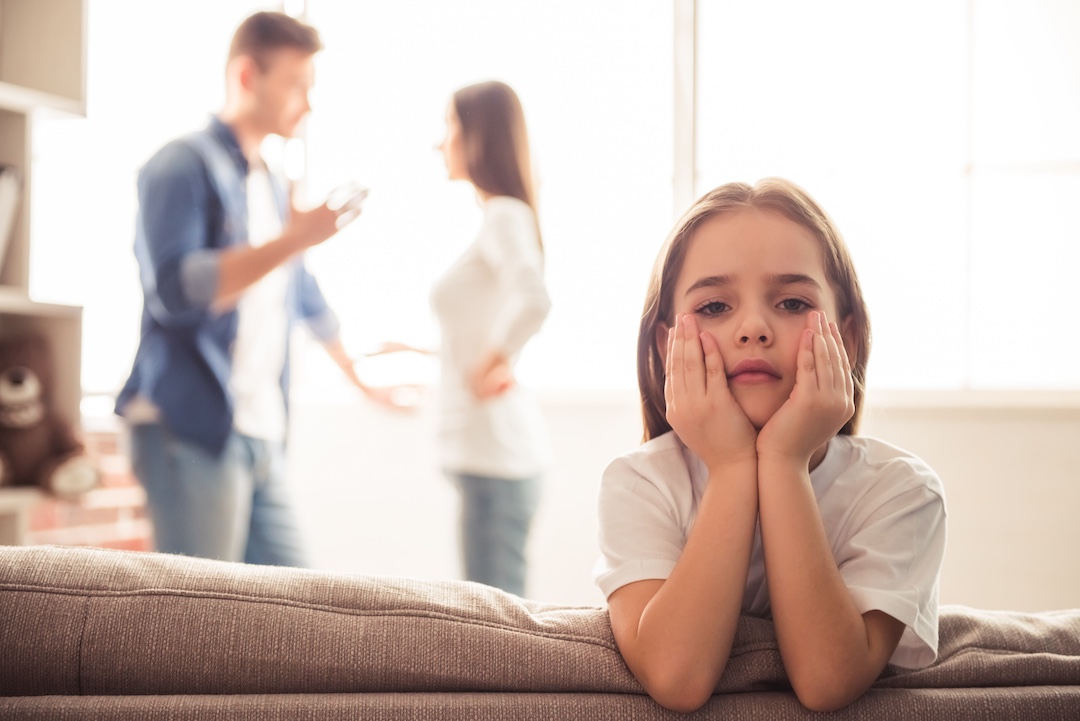
Supporting children through unexpected events: Separation and divorce
Family separation brings significant changes to a child’s life. Read our advice on how to help your child navigate through this potentially challenging time.
-
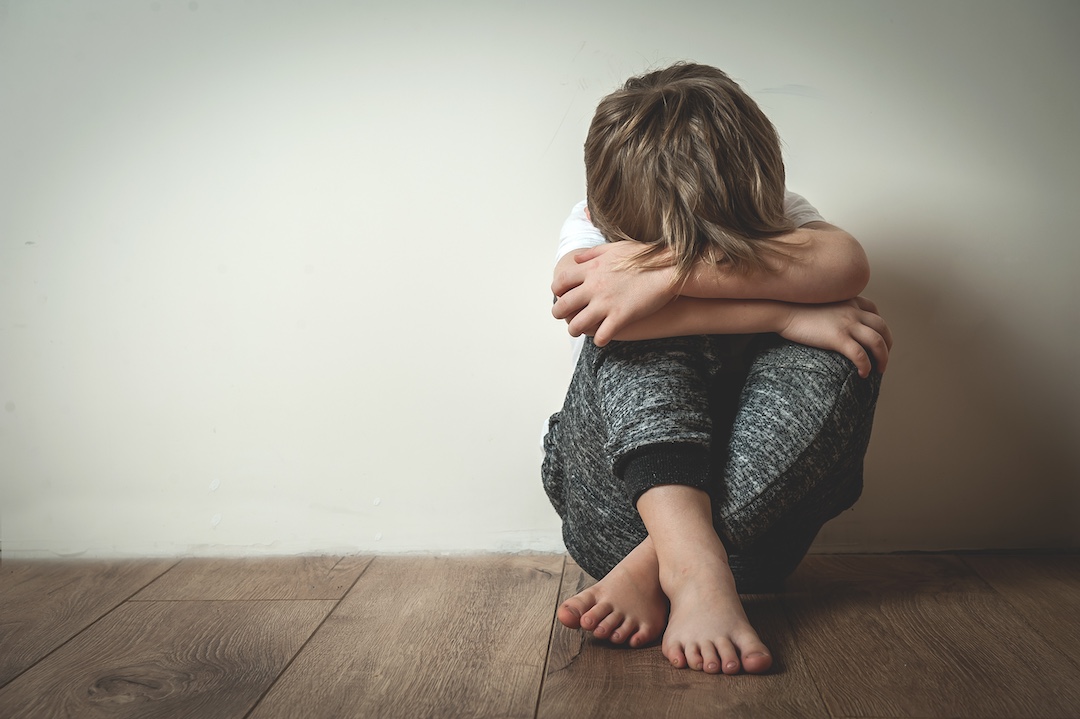
Supporting children through unexpected events: Family and domestic violence
Growing up in an environment where there is family violence can have a profound impact on a child’s mental health and well-being. Here is what to do to protect you and your child when you need help.
-
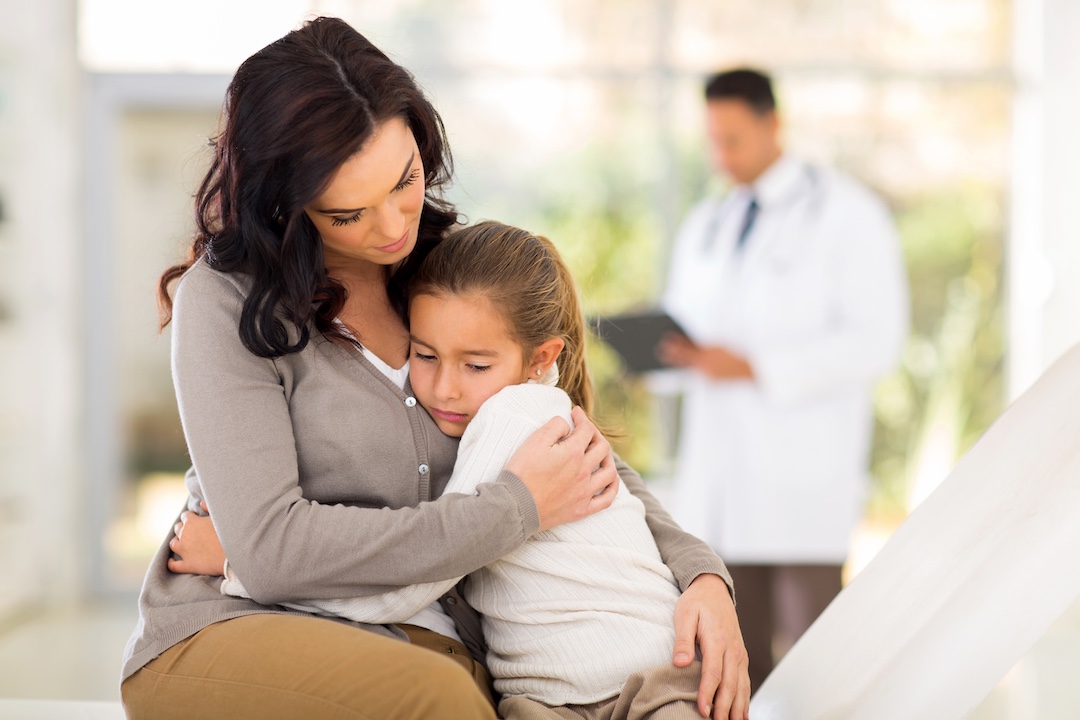
Supporting children through unexpected events: Serious incidents or accidents
Knowing how to talk to your child about serious incidents in an age-appropriate way can be very helpful. Read our advice on how to support your child through such events.
-
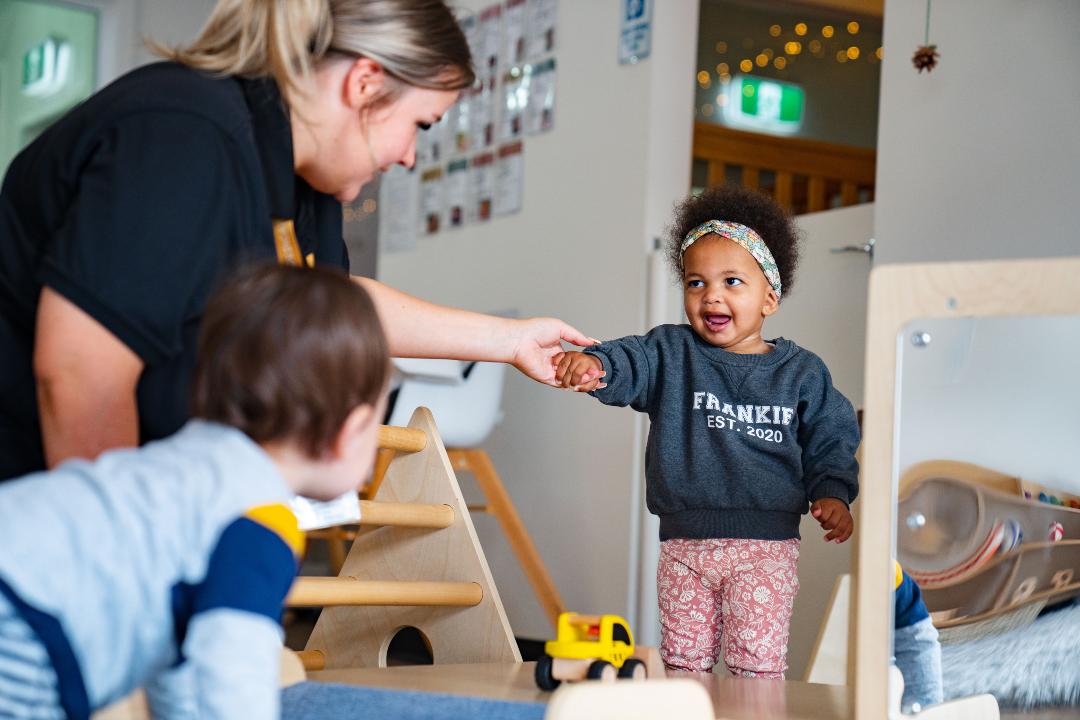
How our educators and teachers support children with transitions
Children face transitions every day in their early learning environment. Read how G8’s educators and teachers make it easier for them.
-
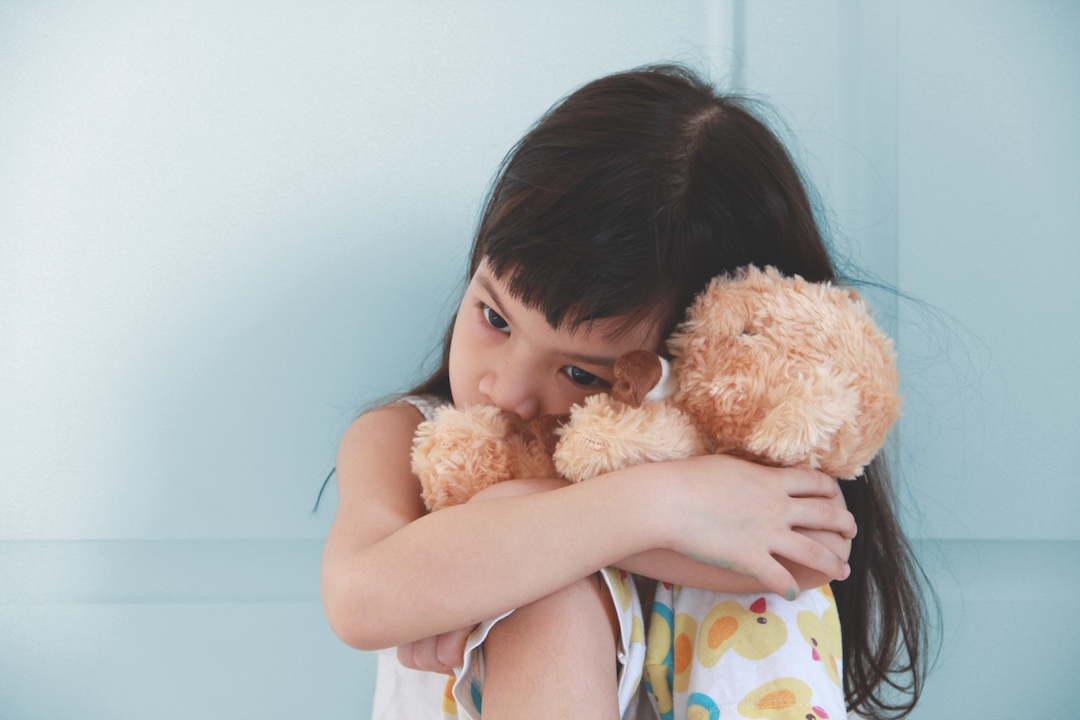
Supporting children through unexpected events: Changes to the centre
Changes to your child’s early learning centre may make your child feel unsettled. Here is how to support them and help them adapt to changes.
-
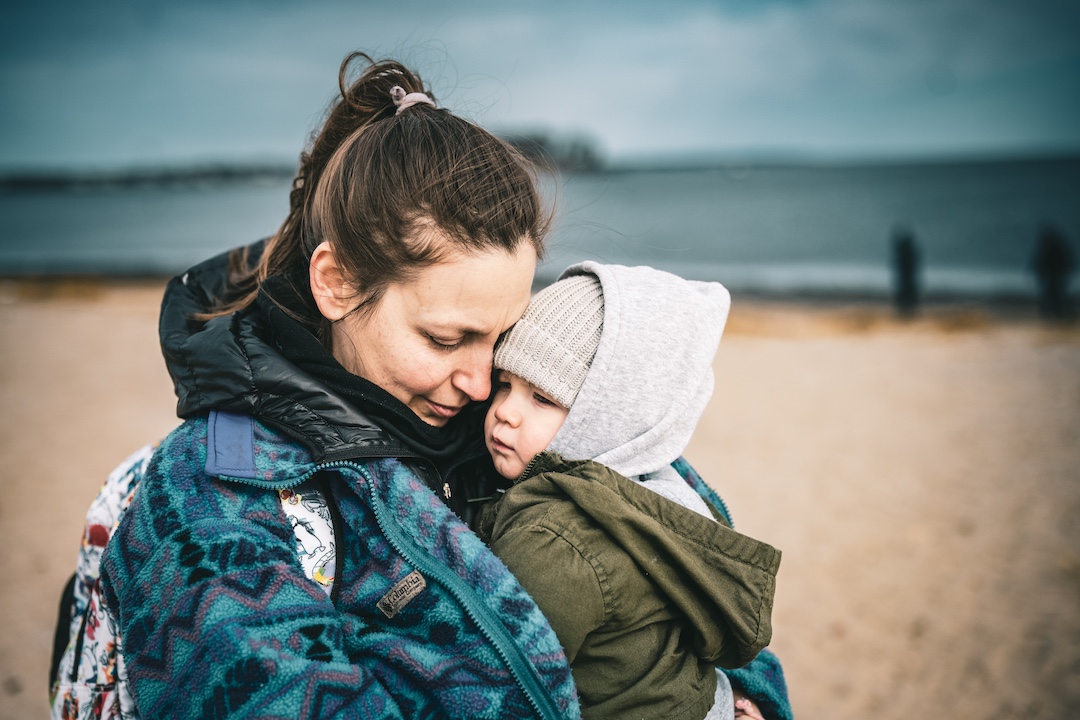
Supporting children through unexpected events: Grief and Loss
Losing a loved one can be a deeply emotional time for children. Read our advice on how to support your young child through this difficult time.